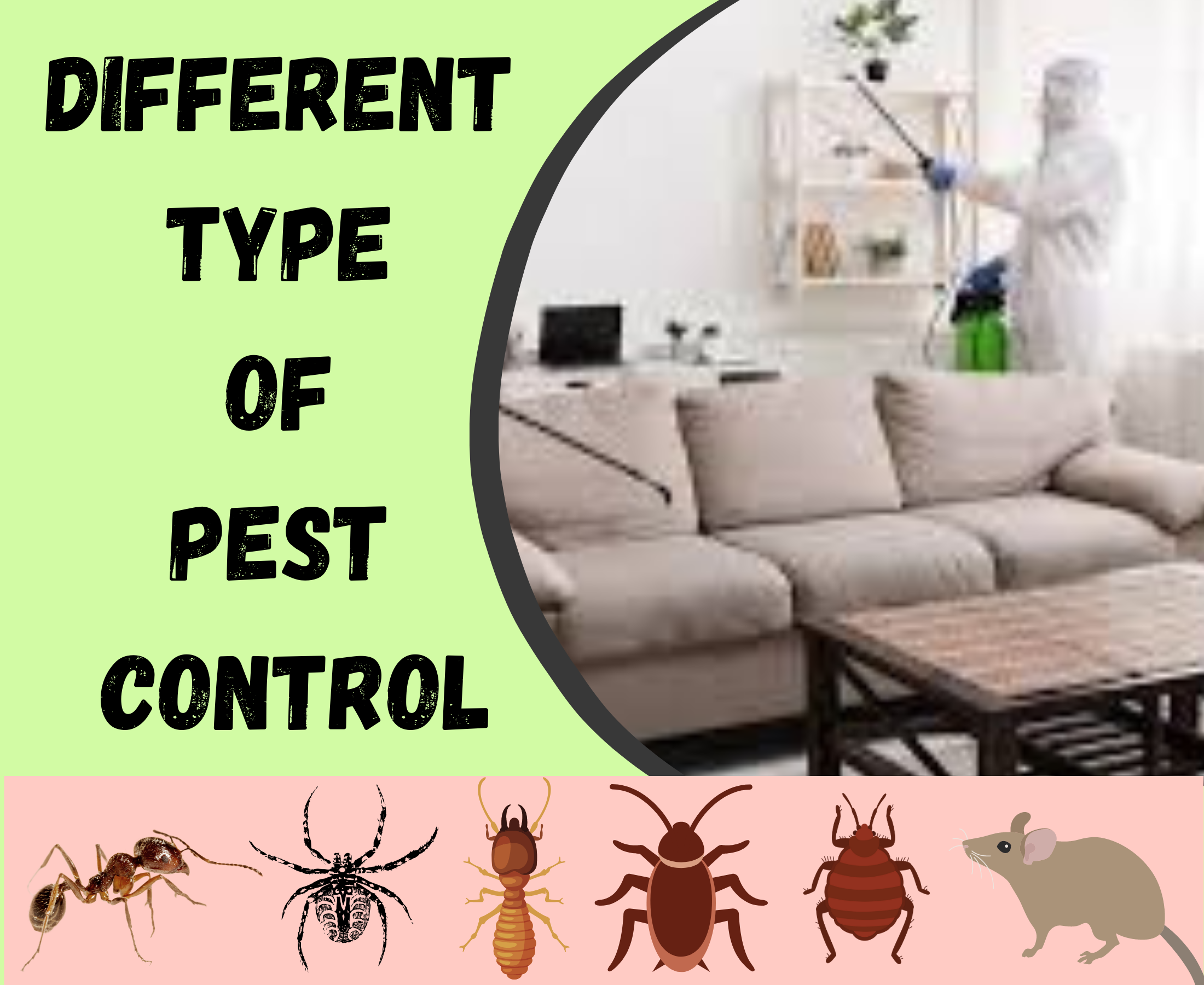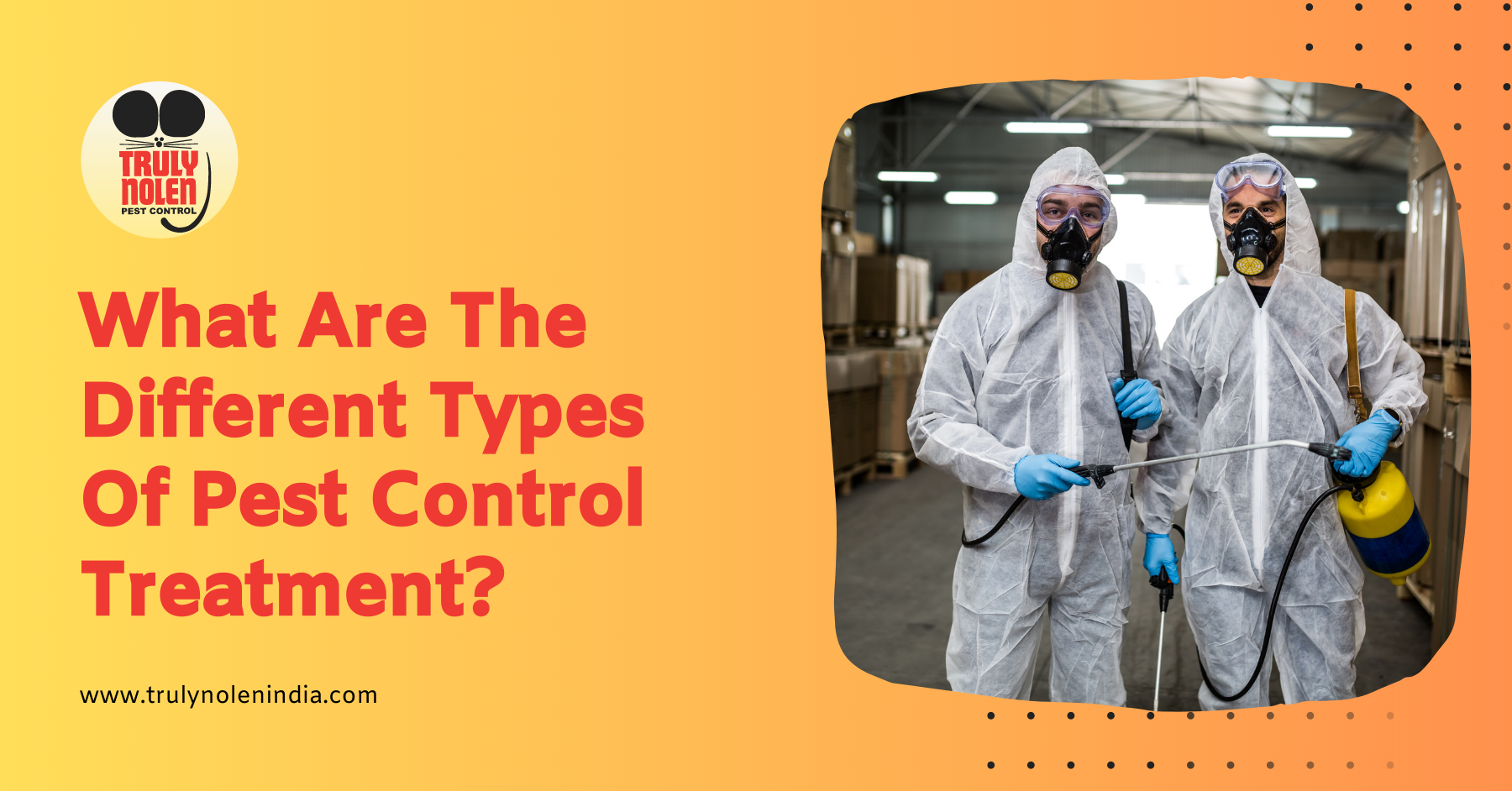7 Easy Facts About Pest Control Shown
7 Easy Facts About Pest Control Shown
Blog Article
The smart Trick of Pest Control That Nobody is Discussing
Table of ContentsGetting My Pest Control To WorkFascination About Pest ControlUnknown Facts About Pest ControlPest Control Things To Know Before You Get ThisLittle Known Facts About Pest Control.
Limitations of Chemical Management Be able to analyze parasite problems, determine if management is needed, and make appropriate suggestions using IPM strategies. Be acquainted with different techniques of parasite administration - their advantages and limitations.This chapter discusses (IPM), a method that utilizes understanding about pests and their, practices, nonchemical methods, and chemicals to handle bug problems. Additional details about IPM for details plants is consisted of in chapters that focus on those plants. Bugs in a garden or landscape may consist of insects and termites, weeds,, animals, and birds.
Lots of people rush to draw, hoe, or spray every weed they see. Pests and weeds, however, contribute in the. After planting a garden or establishing a lawn, the natural process of plant succession begins to restore and nonnative plants. A weed expanding in a yard stands for the initial stage in a sequence of occasions that, if permitted to proceed, could eventually lead to a woodland.
What we call "pests" are part of an all-natural system at work. Just humans take into consideration particular species parasites when they take place where they are not desired.
What Does Pest Control Do?
Parasites vulnerable to a pesticide were swiftly eliminated, leaving resistant ones to breed and increase. It came to be clear that pesticides alone would certainly not fix all insect troubles. Rather, overuse of pesticides caused the development of immune bugs. Researchers started to establish a new approach to pest control. This new strategy was described as incorporated insect management (IPM).
An IPM strategy enables some level of pests in the setting. Parasites are much less likely to survive a program that uses lots of various methods of minimizing their populations. Integrated bug monitoring was very first recommended by entomologists because pests were the very first group of parasites to confirm challenging to take care of with chemicals alone.
A limit is the point at which activity need to be taken. IPM has actually expanded beyond bugs to monitoring of all pest populations: weeds, disease organisms, and mammals.
Some Known Questions About Pest Control.
Administration rather than eradication of bugs is the goal. An IPM strategy starts with a careful analysis of each parasite problem.
Clover expanding in a grass might be deemed an undesirable weed, yet as a vegetable it is manufacturing nitrogen for the soil and the flowers are supplying nectar to honey bees and other. Resistance for some weeds might be part of an IPM strategy. may be consuming the leaves of a plant, yet when they are recognized as the larvae of Eastern tiger swallowtail butterflies, their damage might top article be endured so we can appreciate the gorgeous butterfly.

The second essential device in parasite monitoring is early treatment. Being present and watchful in the garden guarantees very early detection. Responding to problems rapidly, prior to they have time to multiply, calls for a less remarkable intervention. The third most crucial device is recordkeeping; tracking what takes place in the yard enables a garden enthusiast to recognize patterns and make educated decisions.
What Does Pest Control Mean?
Many risk-free, practical, nonchemical approaches of plant protection and bug administration may lower or remove the demand to spray. Various other methods are most useful when used with pesticides. To execute management techniques correctly and to reduce losses, garden enthusiasts must be aware of the kinds of pests that assault plants and comprehend pest biology.

Conducting a soil test and applying only the suggested quantity of plant food and lime optimizes the advantage to the plant while lessening issues associated with too much use of plant food - Pest Control. Treatment the soil with several inches of compost safeguards the plant in a number Extra resources of means: decreasing dirt water loss to dissipation, reducing weed competitors, providing nutrients, and producing an appropriate setting for earthworms and microorganisms that keep the soil loose for origins and damage down natural product to launch nutrients
If mulch touches the trunk, it can produce a means for voles, microorganisms, and fungis to assault the plant. Do not utilize manure or garden compost that has actually not extensively decomposed as a top clothing because it can urge undesirable insects. Research suggests that tilling the dirt is harmful to soil framework.
The Pest Control Diaries
If tilling is deemed required, consider doing it in the autumn when the life process of numerous parasites brings them near the surface area. At the surface area, insects become subjected to the climate in addition to birds and various other natural adversaries. Autumn tilling can also destroy bugs in plant deposits. Usage disease-free and insect-free certified seeds and plants if offered.
Report this page